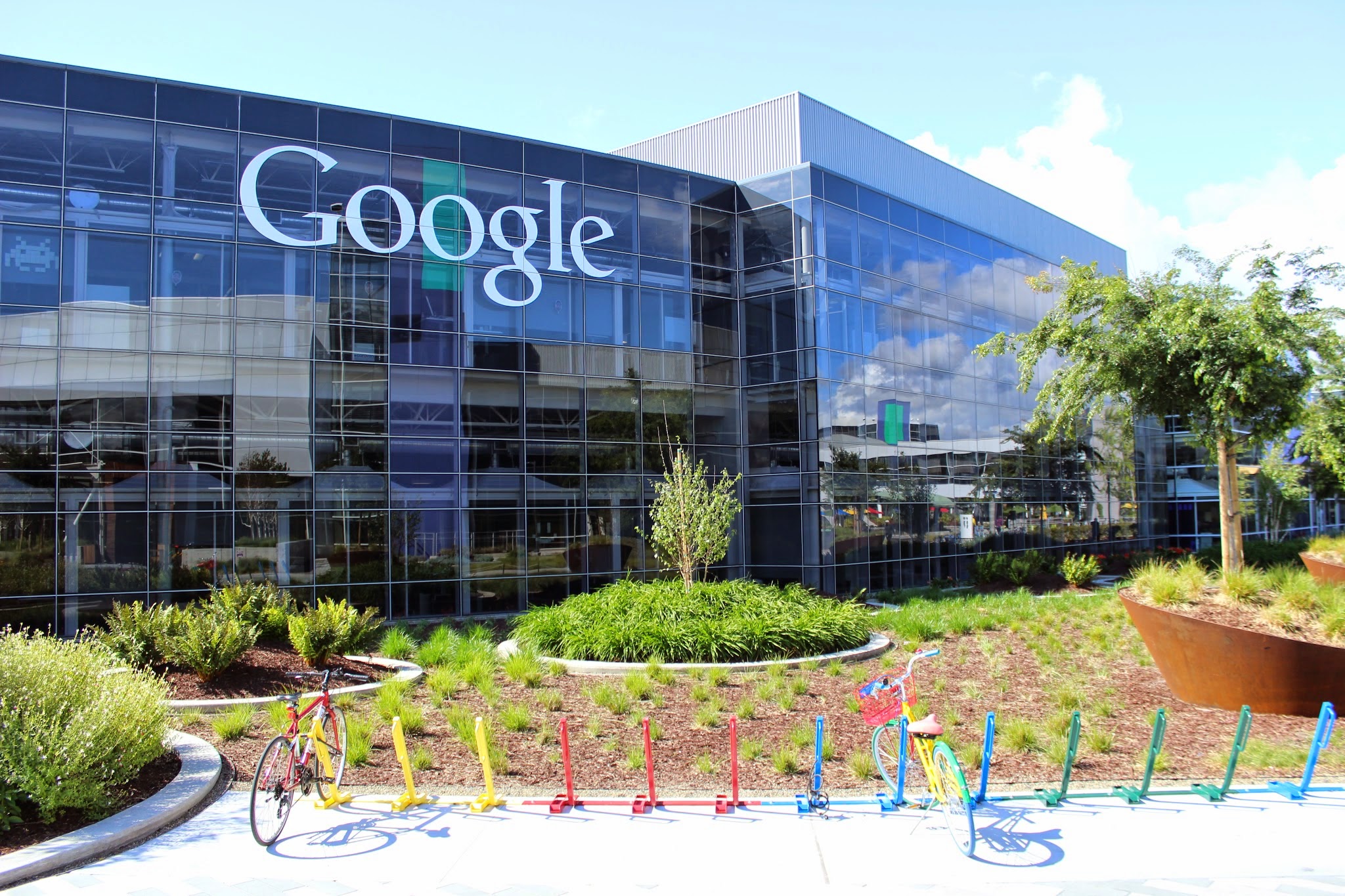 EMERGING TECH
EMERGING TECH
 EMERGING TECH
EMERGING TECH
 EMERGING TECH
EMERGING TECH
Updated
Google Inc. today revealed that it’s acquiring Kaggle Inc., a data science community that hosts machine learning competitions and offers collaboration tools for data scientists.
Founded in 2011 in San Francisco, Kaggle calls itself “a platform for data science competitions,” but the service has ambitions beyond competitions alone. The company is also working to create a collaborative community that lets users share their data science projects and get feedback from their peers. Kaggle does this through Kaggle Kernels, which allows users to run their data science code in the cloud and make it publicly available to other data scientists.
In a Q&A session on Quora in October, Kaggle Chief Executive Anthony Goldbloom compared Kaggle Kernels to a “Github for data scientists,” and he says that better collaboration tools are necessary to push data science and machine learning forward.
“We believe that data science tooling is where software engineering tooling was 15 years ago,” Goldbloom said. “Doing data science today is far more painful than it will be in the next 5-10 years. At the moment, sharing and collaborating on data science workflows is painful (even simple things like get somebody else’s analysis to run on your machine is cumbersome). And pushing machine learning models into production is challenging.”
According to Goldbloom, Kaggle Kernels allows users to fork data analysis projects, which clones their code, Docker container and data connections. The ability to collaborate and iterate on data science projects would certainly be a useful addition to Google, which has become one of the top names in machine learning with DeepMind, Google Brain and other projects. Kaggle could also become a talent resource for Google with its massive community of data scientists.
Despite Kaggle’s success with Kaggle Kernels, Goldbloom noted in his Q&A that collaborating is still a challenge when it comes to machine learning.
“There is not currently a good solution to this,” Goldbloom said. “As mentioned above, even getting somebody else’s analysis to run on your machine is challenging (you need the same data, the same language version, the same libraries and sometimes the same versions of those libraries).”
Goldbloom noted that Kaggle is working on ironing out these problems with Kaggle Kernels, which would certainly be easier if the company had Google’s resources behind it. So far, neither Google nor Kaggle have confirmed the acquisition, but according to TechCrunch, the announcement could come within the next few days.
Update: Google confirmed its acquisition of Kaggle today at the Cloud Next conference. Fei-Fei Li, chief scientist of AI/ML for Google Cloud, said: “We’re giving this community direct access to Google’s machine learning environment.” She also said during a press conference that there was a bigger need for marketplaces of data, which implies the Kaggle community could contribute to or create such marketplaces.
Goldbloom said in a blog post that Kaggle will continue to support machine learning libraries and packages from sources other than Google, but he noted that the acquisition would provide new opportunities for users. “Making Google Cloud technology available to our community will allow us to offer access to powerful infrastructure, scalable training and deployment services and the ability to store and query large data sets,” said Goldbloom.
Support our mission to keep content open and free by engaging with theCUBE community. Join theCUBE’s Alumni Trust Network, where technology leaders connect, share intelligence and create opportunities.
Founded by tech visionaries John Furrier and Dave Vellante, SiliconANGLE Media has built a dynamic ecosystem of industry-leading digital media brands that reach 15+ million elite tech professionals. Our new proprietary theCUBE AI Video Cloud is breaking ground in audience interaction, leveraging theCUBEai.com neural network to help technology companies make data-driven decisions and stay at the forefront of industry conversations.